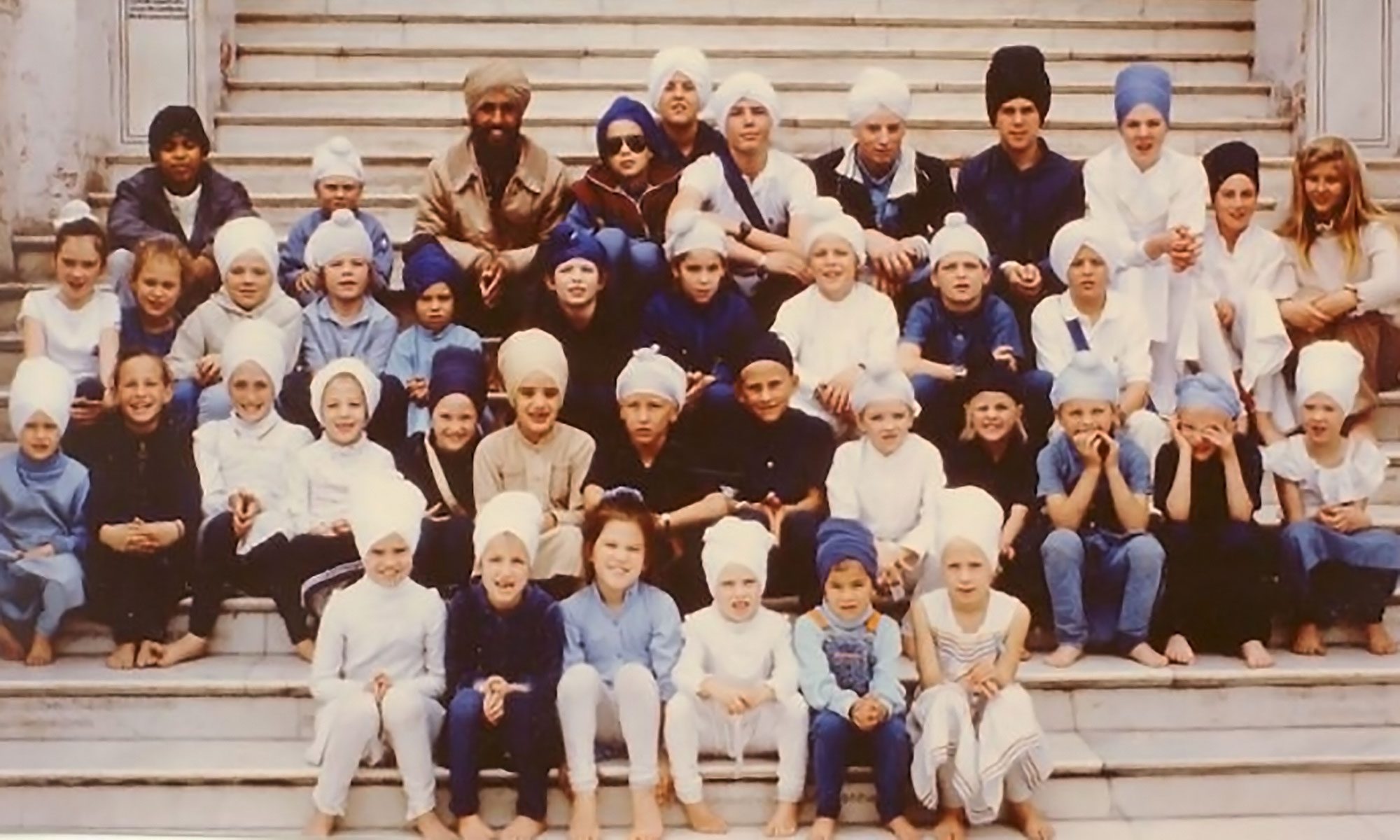
It’s like climbing a mountain.
I climbed that long, difficult and painful mountain a long time ago, and I came down the other side in one piece. You can too.
I was fortunate in my process that much of it was done with the support of the graduate studies program I was enrolled in that’s heavy on a research-based Arts & Letters program with academic faculty, advisors and peers to bounce ideas off of and provide critical feedback to me during the difficult process of conveying my story in a cogent, yet authentic way.
Even still, it was rigorous and it tested me hard. That is to say, this is not meant to be easy. There may be no such thing as a seamless, stress-free, non-triggering, non-retraumatizing path forward here. So if it feels ridiculously difficult to relive and recount a life’s worth of experiences and memories in a short period of time, on top of an adult life lived (possibly one that did not include this level of reflection for whatever reason) that’s because it IS ridiculously difficult.
Yes, we are capable of keeping our selves together here. Enough so that we might arrive at a satisfactory reparations outcome. One that will reach further, well-past our individual selves and into the arena of social impact. It is a STRUGGLE. It is HARD. It is STILL WORTH IT. We HAVE TO be able to see that mountaintop as bigger than us. It is a social good. We have to do everything we can to reach it successfully.

I used to spend hours gazing at this exact range from the back field of GNFC Shangri-La, just daydreaming of a far away place outside those walls. I wish you luck on your journey. Check in with your buddies (or with me) if you need a hand, or if you want to offer a hand.
So, the reason I write all this is because I sort of feel that it was positioned by the IHRP people this way. As if ease was ever a possibility, hmmmph. That’s just unrealistic and inaccurate, and it’s unhelpful. Think of it this way. For us 2nd gen survivors to simply begin our process here’s what we have to do:
- We have to educate ourselves and then educate our audience in order to help them understand the context–the whole institutional framework for which this took place.
- Then we have to educate our audience on the common and shared experiences within said context.
- Then we have to speak in-depth on our respective, individual experiences embedded within that.
- And then add to that the individual mechanisms for survival embedded within that.
- And finally, the individualized paths taken during a sort of diaspora – which takes place within and without this context. Because part of the common experience within this context is the individual, yet shared feeling of being included, excluded or separated/amputated from the pack, despite finally breaking free of coercive control.
- And then add to that the individual mechanisms for survival embedded within that.
- Then we have to speak in-depth on our respective, individual experiences embedded within that.
- Then we have to educate our audience on the common and shared experiences within said context.
How can that possibly be “easy”? It’s not.

